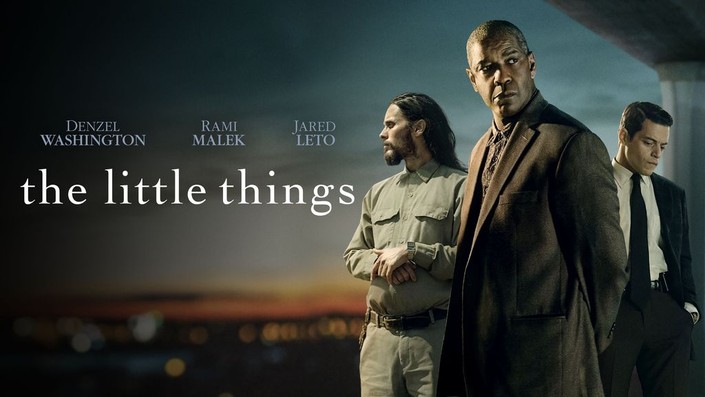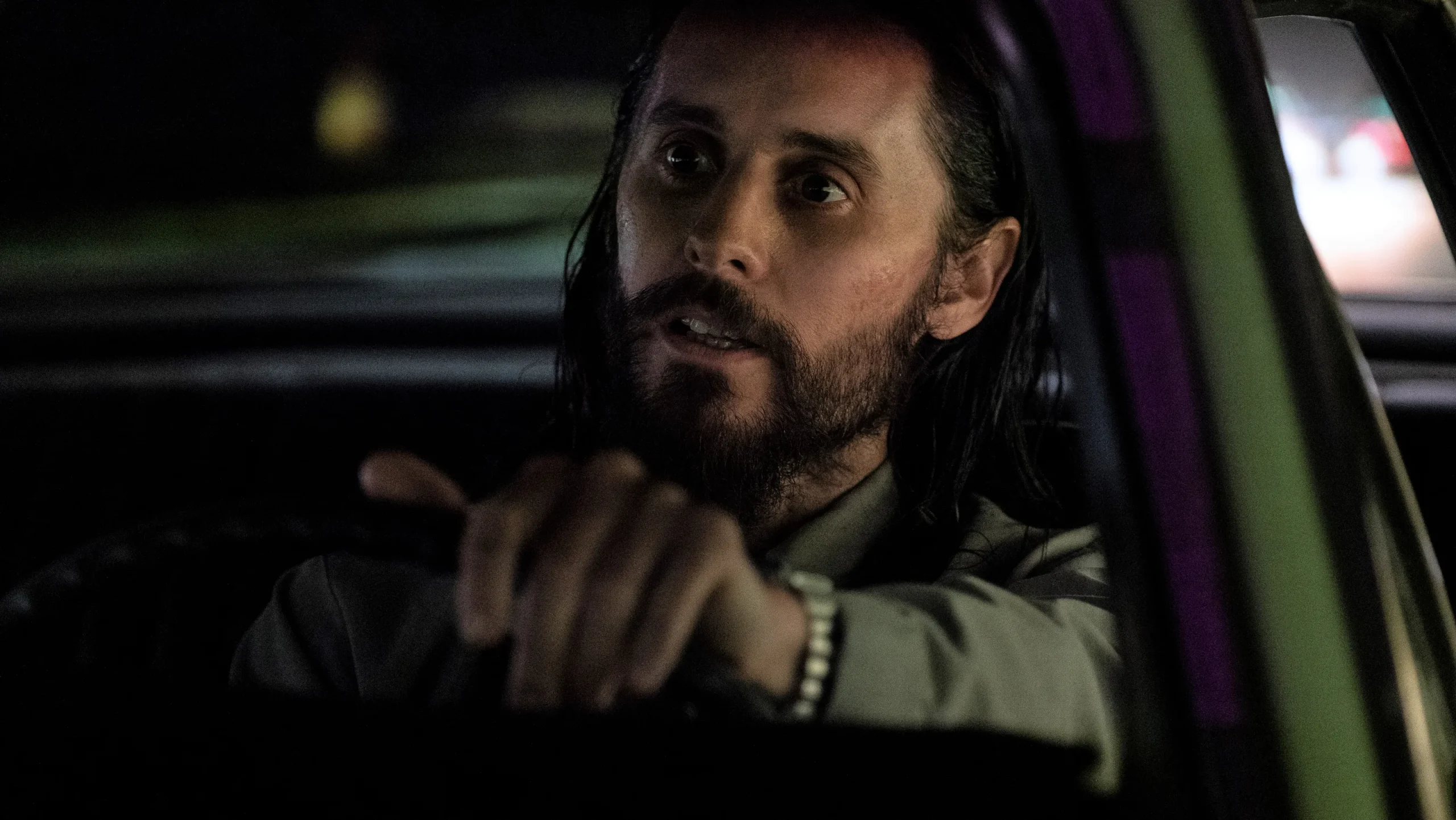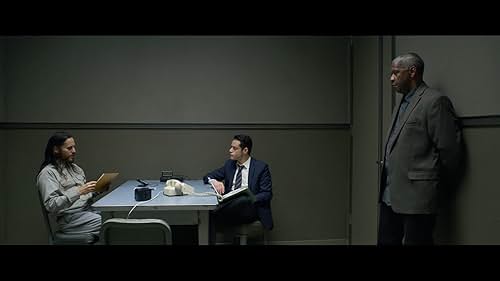The Little Things (2021)

The Little Things (2021), directed by John Lee Hancock, is a slow-burn psychological crime thriller that delves into the complexities of guilt, obsession, and justice. The film stars Denzel Washington as Joe “Deke” Deacon, a worn-out Los Angeles County sheriff’s deputy who is called back to the city to assist on a case involving a string of unsolved murders. Alongside him is Jim Baxter (Rami Malek), a younger, ambitious detective who is determined to catch the killer and solve the case. As the two detectives work together, they begin to unravel a web of clues that leads them into moral ambiguity and personal turmoil.
Deke, a former detective who has been relegated to a desk job in the countryside, is haunted by a past case that ended in tragedy. He is still carrying the emotional weight of a failed investigation and the trauma of a personal loss. When he gets involved in the current murder investigation, it becomes clear that his past is deeply intertwined with the case, and his methods of investigation are unorthodox. Deke’s experience in the field makes him an invaluable resource, but his obsession with the case soon begins to blur the lines between right and wrong. Meanwhile, Jim Baxter is eager to prove himself and solve the case by the book, though he quickly finds himself drawn into Deke’s unconventional approach.

The film unfolds in a methodical manner, with Hancock using a series of dark, atmospheric shots to create a sense of tension and foreboding. The Little Things is more about the psychological toll of solving a crime than the action itself. The investigation takes the detectives deep into the underbelly of Los Angeles, where secrets, regrets, and old wounds come to light. The film explores how unresolved trauma can affect one’s decision-making and judgment, with both Deke and Baxter struggling to maintain their moral compass as the case unfolds.
Denzel Washington delivers a nuanced performance as Deke, portraying a man who is both weary and wise, burdened by the weight of his past mistakes. Washington’s understated portrayal of guilt and self-doubt anchors the film, making Deke a deeply flawed but compelling character. Rami Malek, in contrast, plays Baxter with youthful determination, his performance serving as a foil to Washington’s more measured and experienced detective. The dynamic between the two actors, with Deke as a mentor figure and Baxter as an eager student, creates a subtle yet powerful tension that drives the film forward.

The plot takes several twists and turns as the detectives close in on their prime suspect, Albert Sparma (Jared Leto), a creepy, eccentric man who may be connected to the murders. Leto’s portrayal of Sparma is unsettling and eerie, with a performance that makes the audience question whether he is guilty or simply an oddball with a dark past. The tension between the detectives and Sparma builds as the investigation progresses, and Deke’s obsession with the case becomes increasingly evident. The psychological thriller element of the film comes into sharp focus as the characters’ fears, doubts, and past traumas threaten to derail the investigation.
At its core, The Little Things is a meditation on the nature of guilt and redemption. The film examines how the pursuit of justice can sometimes be clouded by personal demons and moral compromises. As Deke and Baxter get closer to solving the case, they are forced to confront their own flaws and vulnerabilities. The conclusion of the film is ambiguous and open to interpretation, leaving the audience to question the true cost of justice and whether the truth is always worth pursuing.

In the end, The Little Things is a film that focuses more on atmosphere, character, and psychological depth than on action or plot twists. While the pacing is deliberately slow, the performances from Washington, Malek, and Leto are exceptional, creating a tense and absorbing experience. The film may not offer the typical resolution one might expect from a crime thriller, but its exploration of moral complexity, personal demons, and the toll of obsession makes it a thought-provoking and haunting story. It’s a film that lingers long after the credits roll, leaving audiences reflecting on the price of justice and the little things that ultimately shape our lives.











